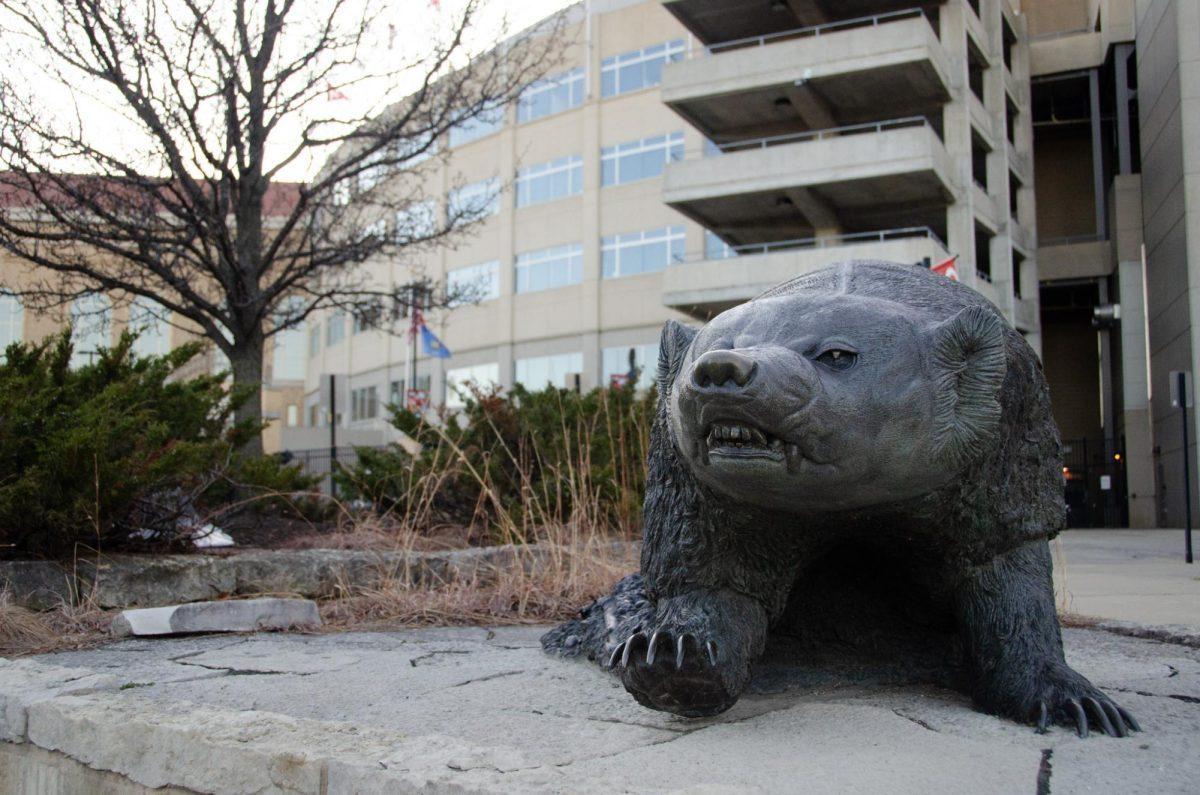This March, Gov. Tony Evers signed into law Wisconsin Act 117, a bipartisan initiative amending the tuition reimbursement process for members of the state National Guard.
Before the law’s passage, student guard members often had difficulty accessing the benefits associated with their service, University of Wisconsin Veteran Services director Joe Rasmussen said in an email statement to The Badger Herald. The main problem with the pre-existing National Guard Grant system was timing, Rasmussen said.
“Tuition is due within the first few weeks of the semester, but this program doesn’t send tuition dollars until about a month after the semester is complete,” Rasmussen said. “The majority of students had to take out loans or pay out of pocket for tuition which eventually is reimbursed.”
The recently enacted legislation takes into account both budgetary concerns and the concerns student veterans, Rasmussen said.
Under the new system tuition, money will be sent directly to the school instead of mailing paper checks to each student, Rasmussen said.
“We came to an agreement that fixes the core issues without the program costing the state money. The program is still going to cover the same dollar amounts with the payments shifting to before the start of the semester instead of after,” Rasmussen said.
Abby Boyle is a sophomore at UW studying Russian and Civil Engineering. Boyle is also a firefighter for the National Guard’s 128th Air Refueling Wing based out of Milwaukee, and was deployed between July 2022 and January 2023.
After returning home, Boyle enrolled in classes only to find she had to pay for tuition upfront and then wait until the semester was over before receiving her reimbursement check.
“It feels kind of silly forking out four or five grand at the beginning of the semester, you know, that could be rent money, food, gas, or other things that you need.” Boyle said. “What am I going to do for the next four months until I see that money returned back to me?”
Boyle added that many guard members found it counterproductive to be taking out student loans or having to forgo basic needs when their tuition is supposed to be covered.
With the new legislation in place, Boyle is optimistic the Guard will see an increase in recruitment.
“Having that grant come up front will entice a lot more people to look at the National Guard more closely and it’ll recruit people from other states to come to Wisconsin,” Boyle said.


